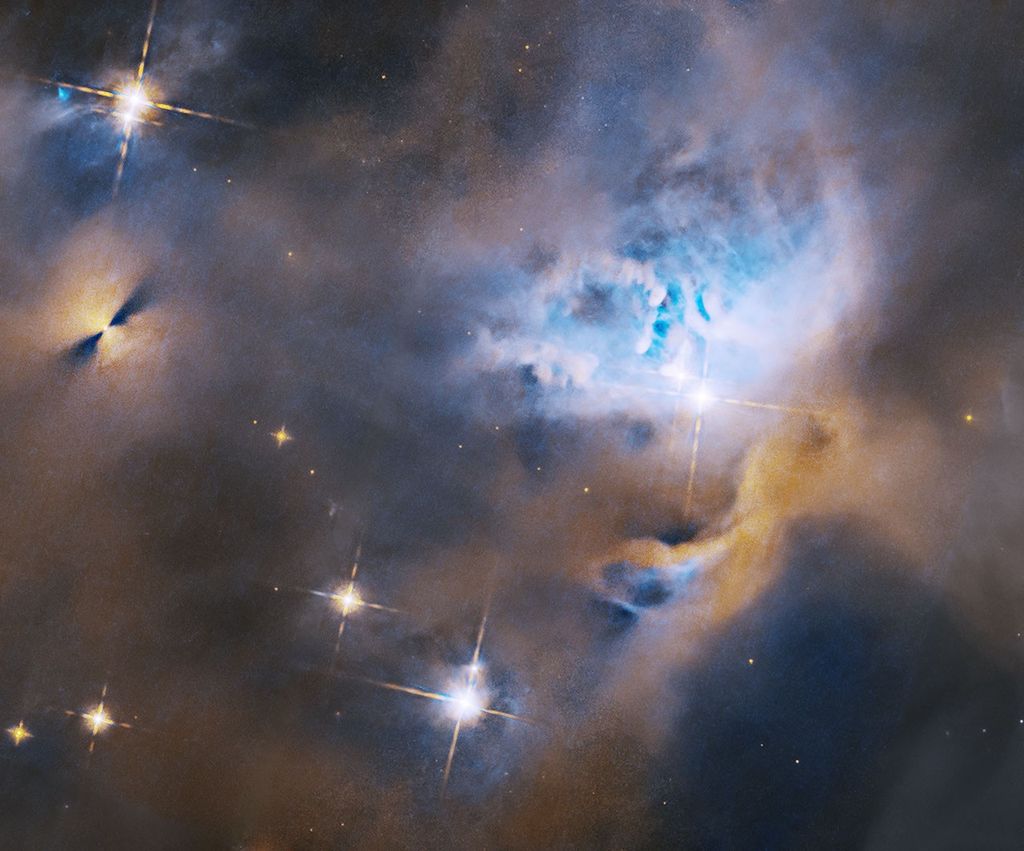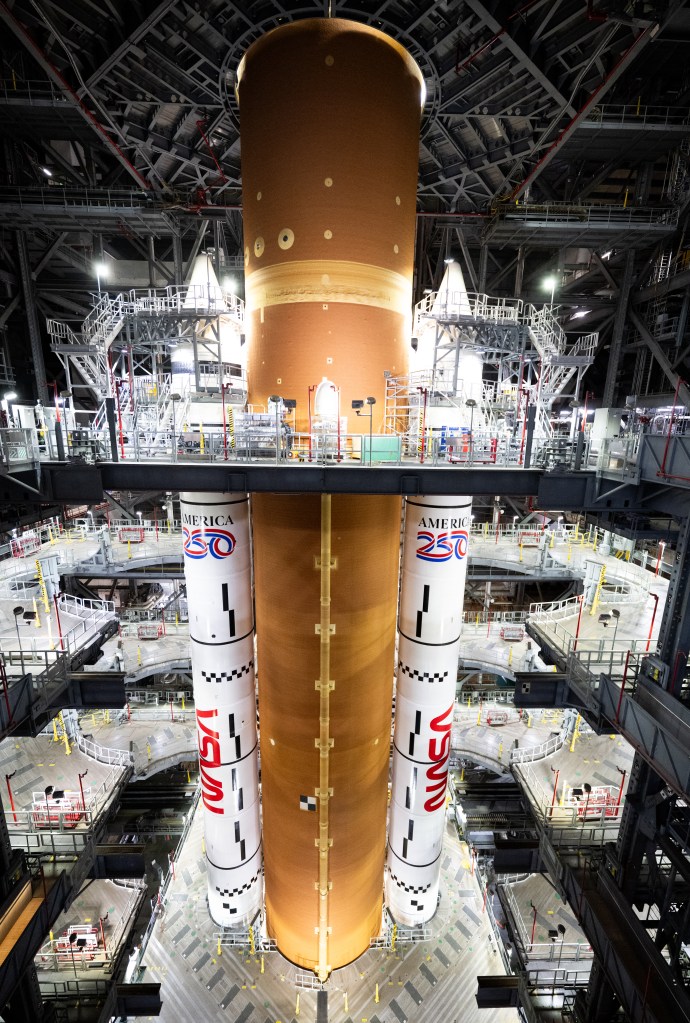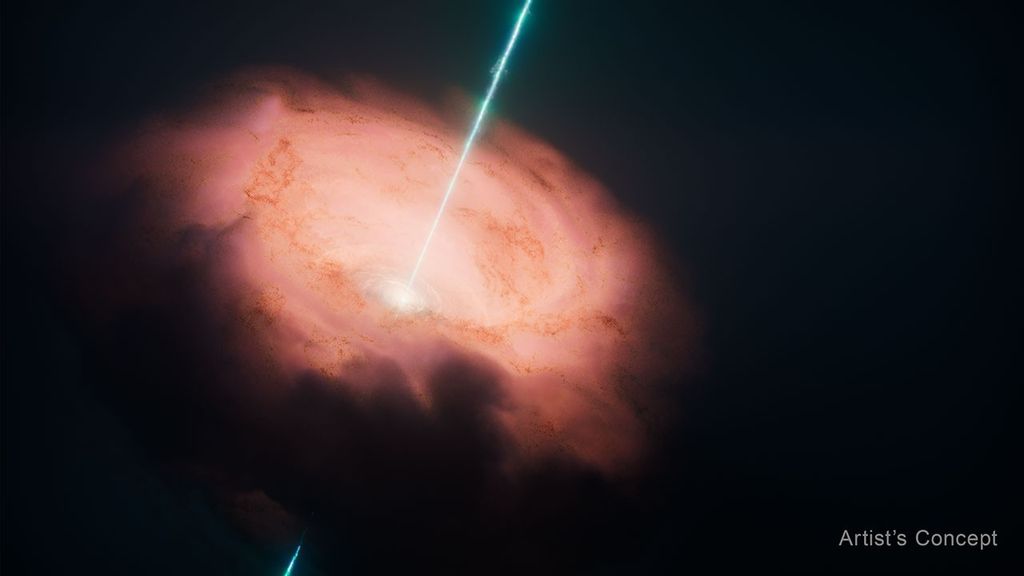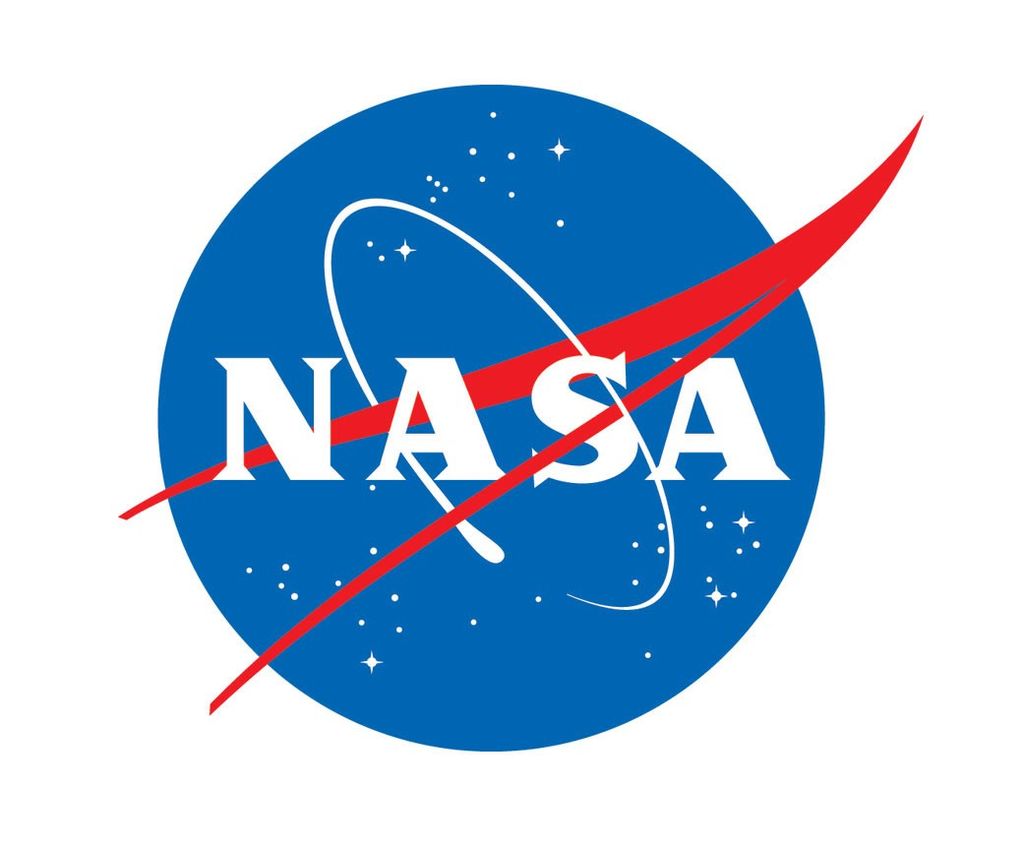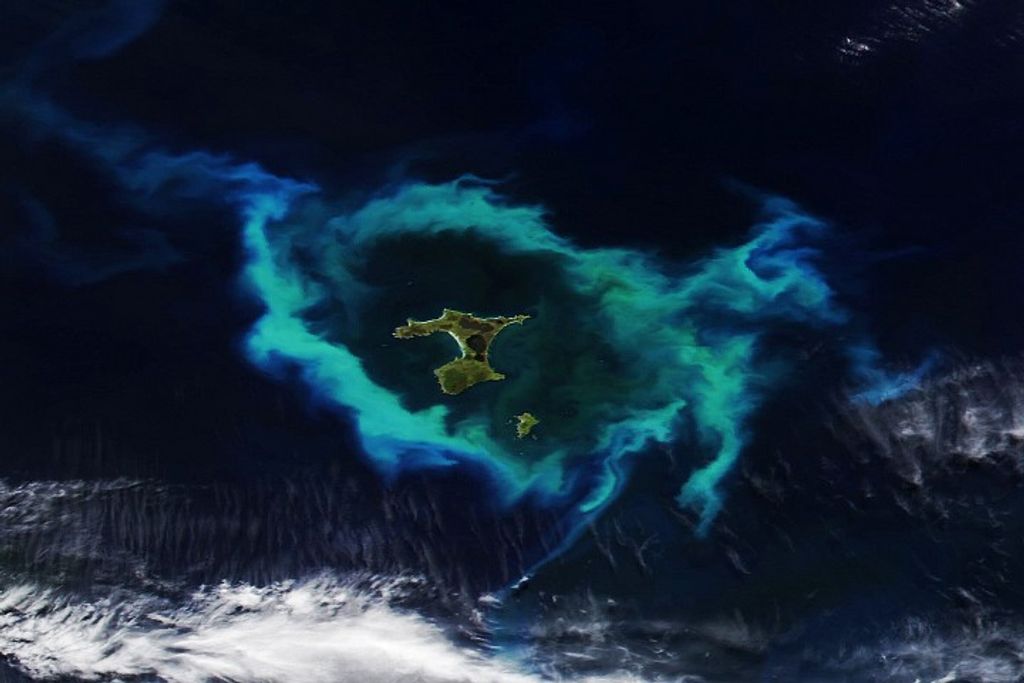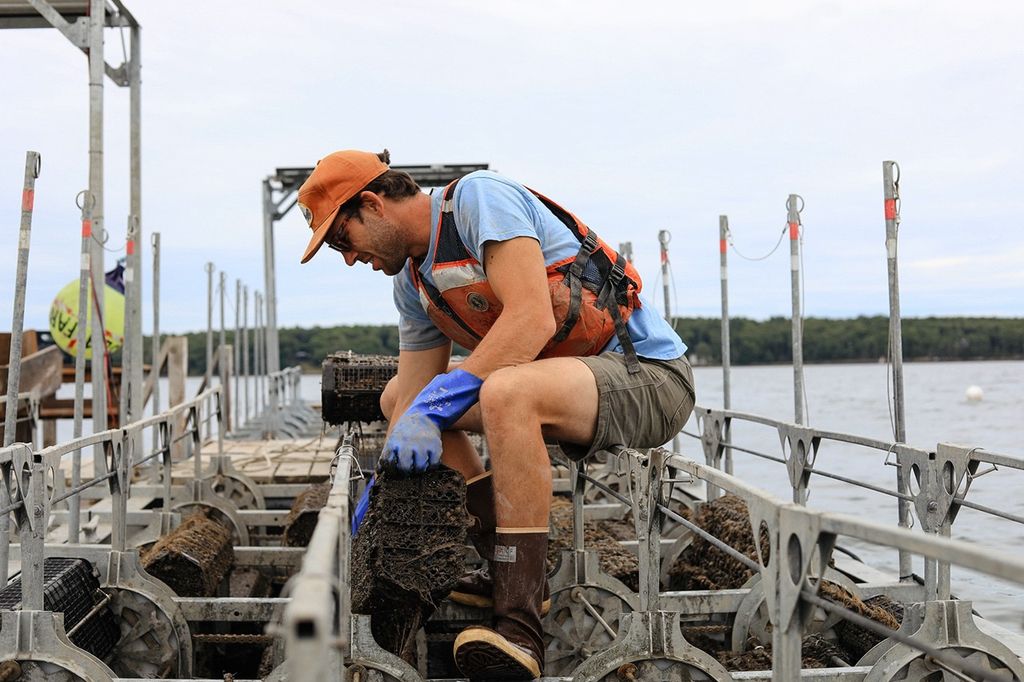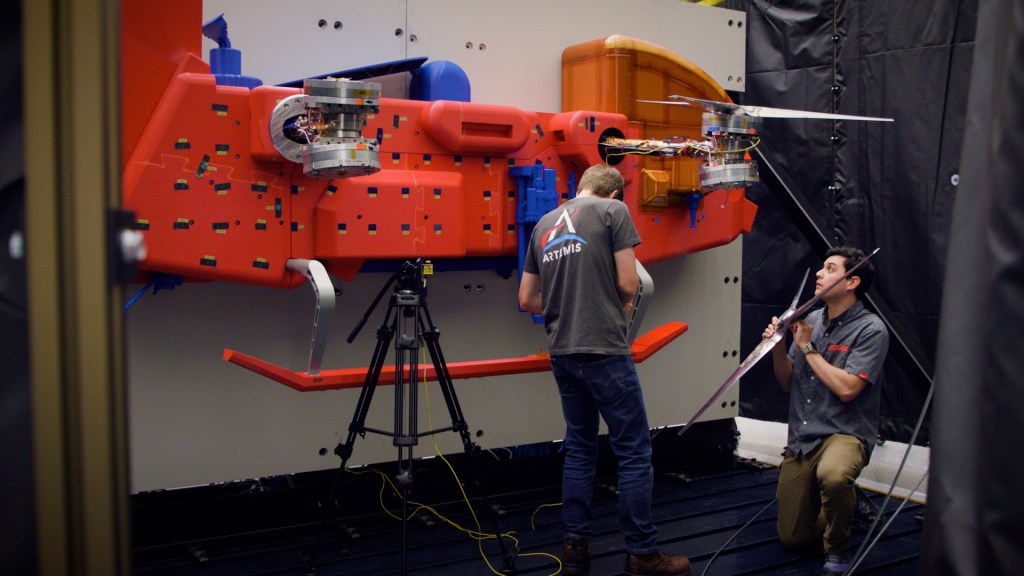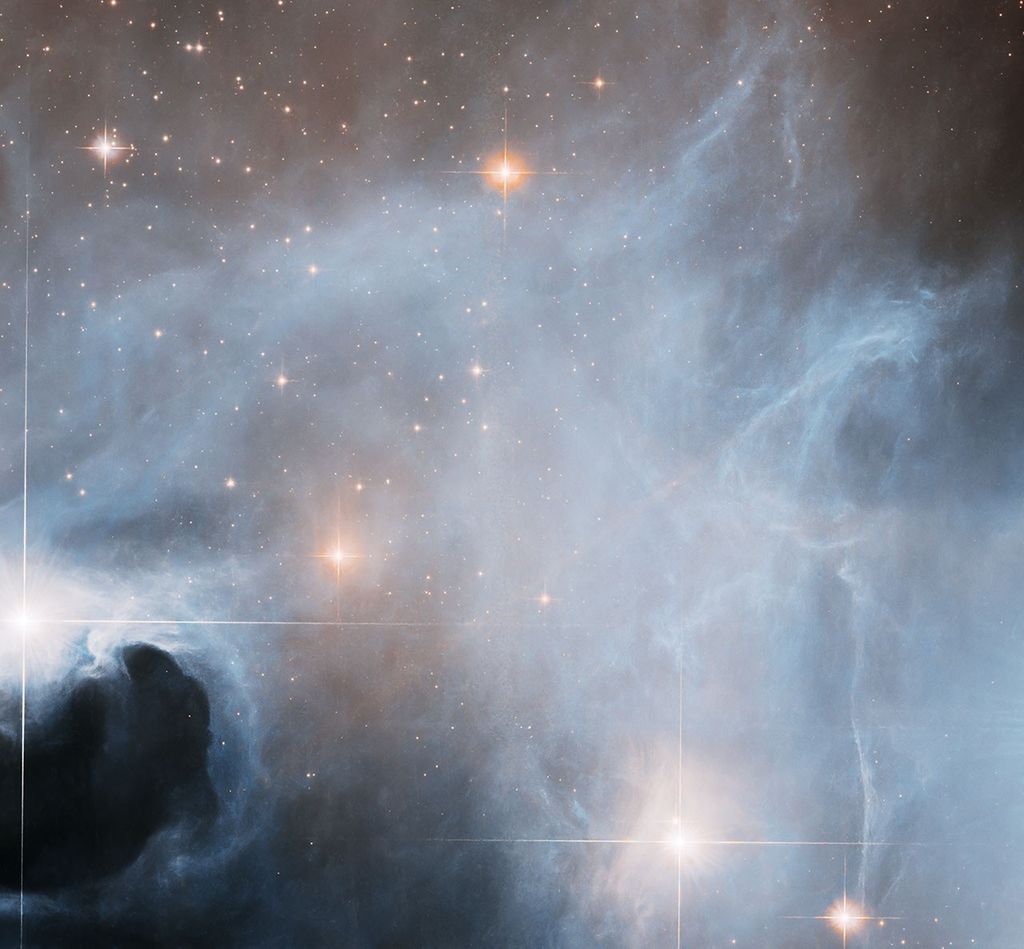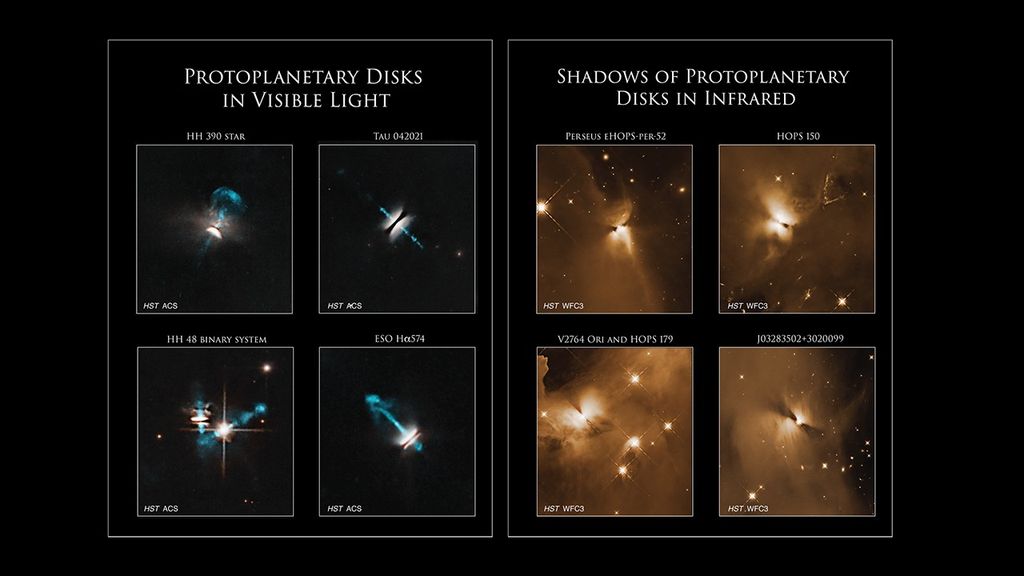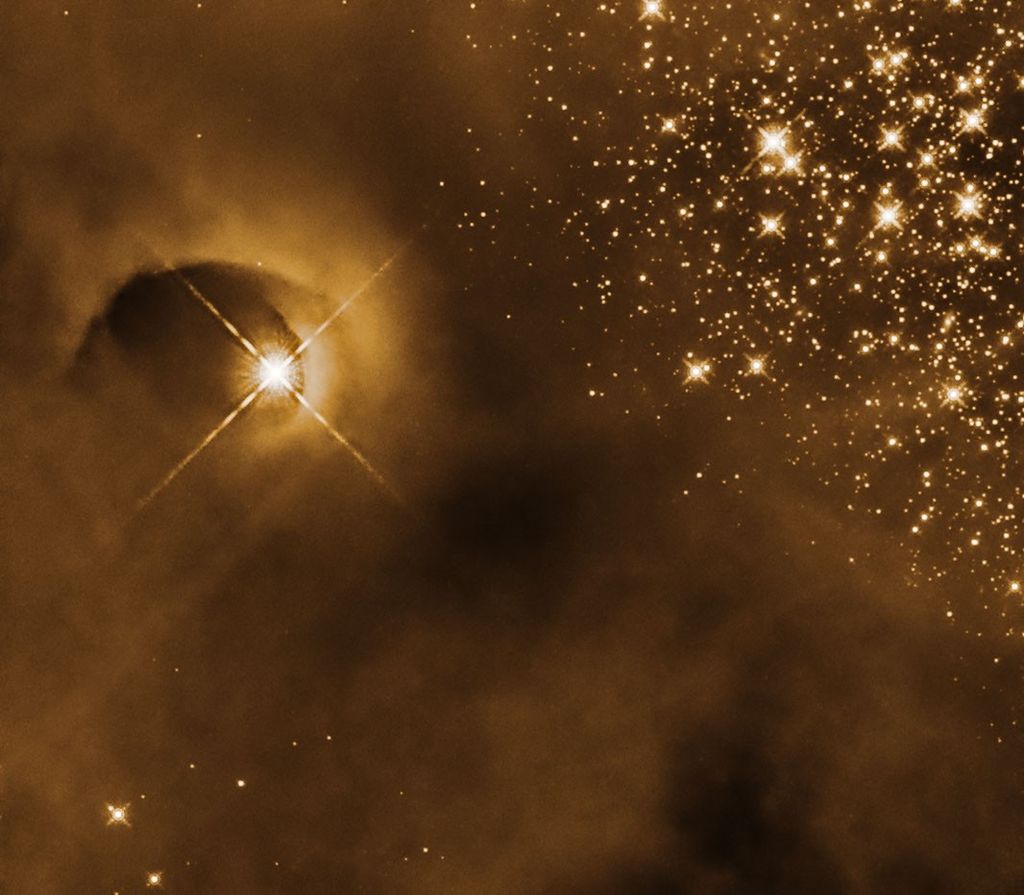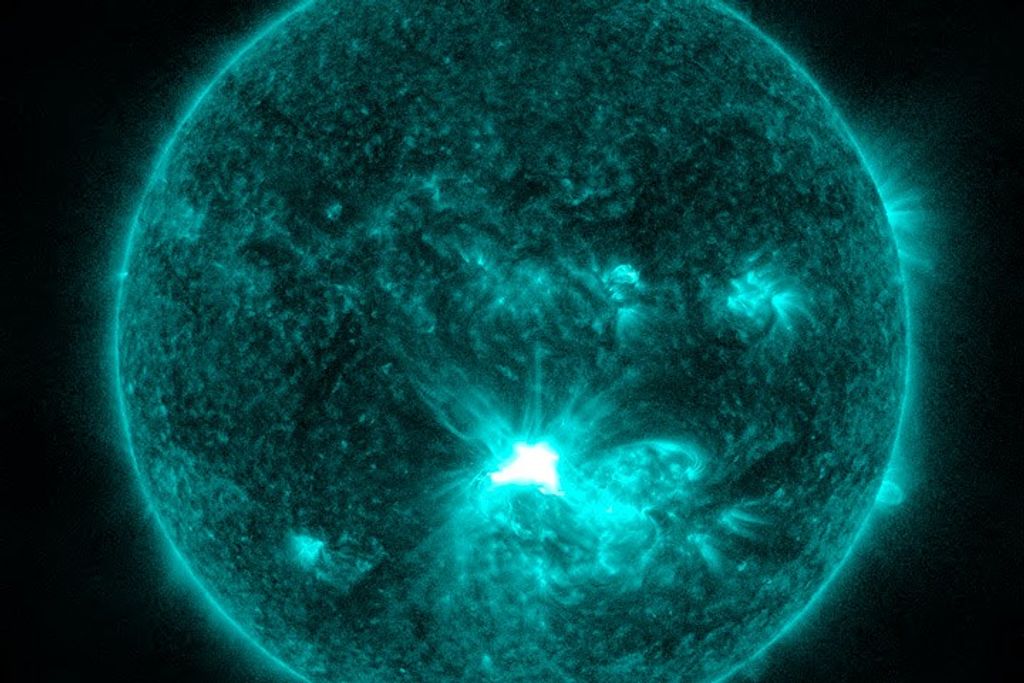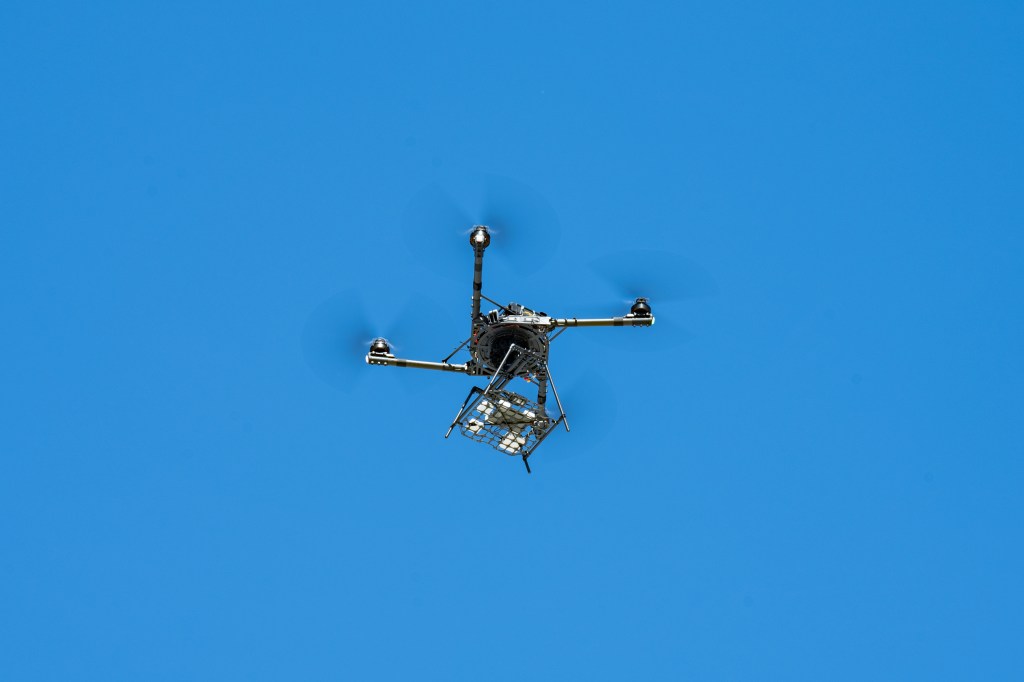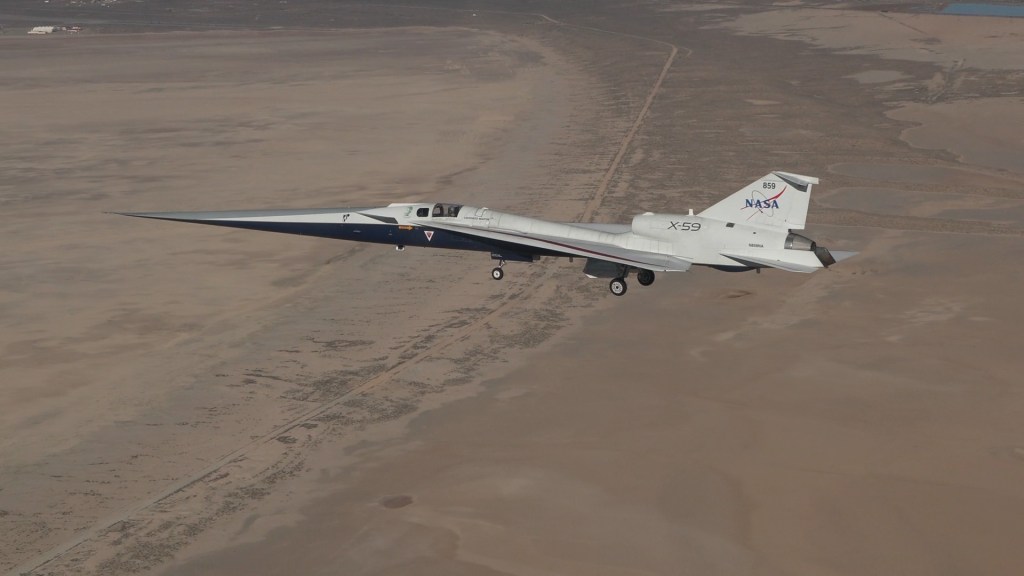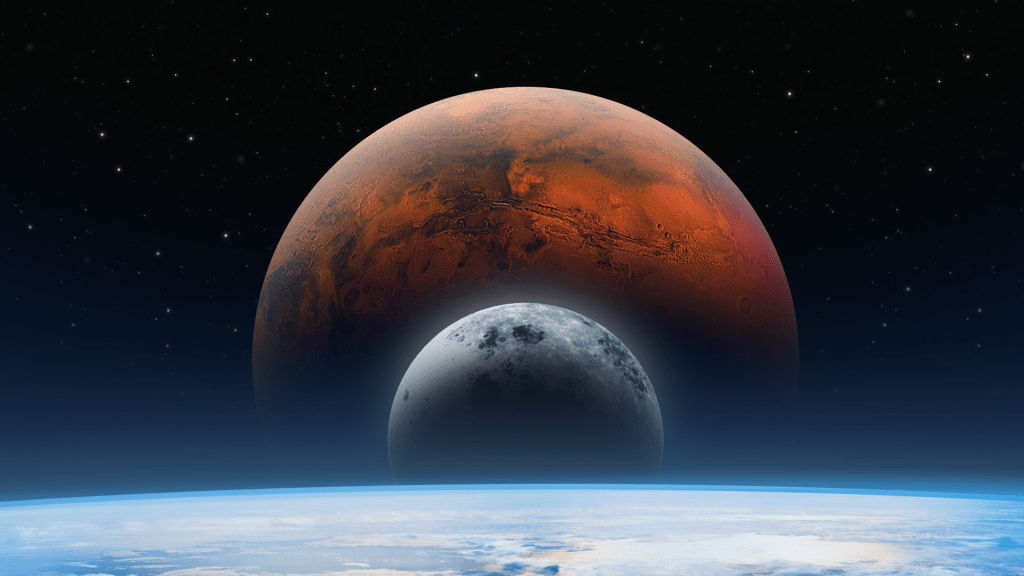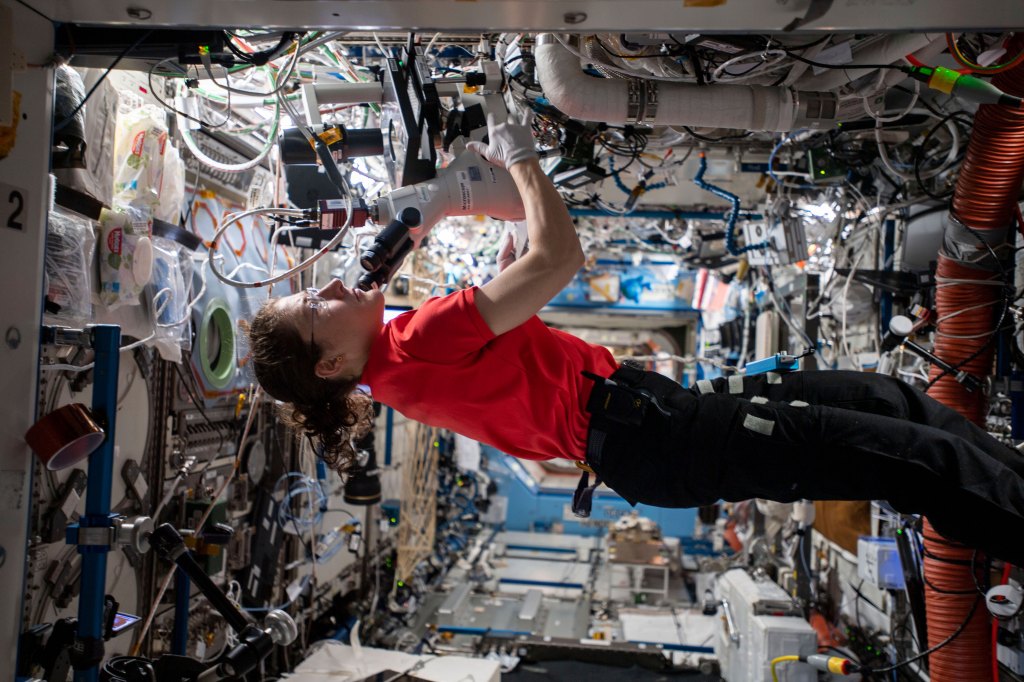NASA’s OSIRIS-REx asteroid sample return mission team received the 2022 John L. “Jack” Swigert, Jr., Award for Space Exploration by the Space Foundation, a nonprofit organization that advocates for space exploration and space-inspired industries.
The award recognizes the OSIRIS-REx team’s extraordinary accomplishments in space exploration and discoveries made at asteroid Bennu. The award honors the memory of astronaut John L. “Jack” Swigert, Jr., the command module pilot for the Apollo 13 mission. During Apollo 13’s April 1970 voyage to the Moon, an oxygen tank ruptured, placing the crew in peril. People around the globe watched NASA work against the clock and against the odds to return the crew safely to Earth.
Credits: NASA’s Goddard Space Flight Center Download video
“It’s humbling to be a part of such an effective mission team who made the difficult seem easy by knocking down every unexpected challenge, from the extraordinarily rugged surface of Bennu to operating in the depths of the pandemic, with the poise and perseverance that Jack Swigert personified,” said Rich Burns, OSIRIS-REx project manager at NASA’s Goddard Space Flight Center in Greenbelt, Maryland.
The OSIRIS-REx spacecraft reached Bennu in December 2018. The mission’s first close-up images of Bennu revealed a rough and rocky surface instead of the sandy, pebbly “beach” the team had expected. Earth-based observations of the asteroid suggested it had a much smoother surface. This discovery forced the team to rethink how the spacecraft would collect a sample from Bennu. They decided to switch to a backup navigation system that increased mission accuracy and allowed OSIRIS-REx to accommodate Bennu’s rugged obstacles.
OSIRIS-REx spent more than two years near the asteroid, gathering information about its size, shape, mass, and composition, while monitoring its spin and orbital trajectory.
On Oct. 20, 2020, OSIRIS-REx gently touched a relatively smooth spot in a crater on the northern hemisphere of asteroid Bennu and collected an overwhelming amount of material. So much so, small rocks wedged the sample collector’s lid open a little bit, causing regolith to leak from the capsule. As a result, the team canceled an activity to measure the amount of material collected, called the sample mass measurement spin, as the test would cause OSIRIS-REx to lose more of the collected sample. Instead, carefully and quickly, the mission stowed the precious material in its sample return capsule.
“The team is deeply grateful to be honored by the Space Foundation and to have our achievements recognized with the Swigert Award,” said Dante Lauretta, OSIRIS-REx principal investigator at University of Arizona, Tucson. “We accomplished something truly amazing with our exploration of near-Earth asteroid Bennu. The best times are ahead of us, and the team is focused on ‘the ground game,’ recovering the sample return capsule and delivering the sample to NASA’s Johnson Space Center. The analysis team is busy preparing our arsenal of laboratory instruments, Bennu still has much to teach us.”
OSIRIS-REx left Bennu on May 10, 2021, and will deliver significantly more sample than the minimum target of two ounces, or 60 grams, (about the mass of a C battery) to Earth on Sept. 24, 2023, with the capsule touching down in the Utah Test and Training Range.
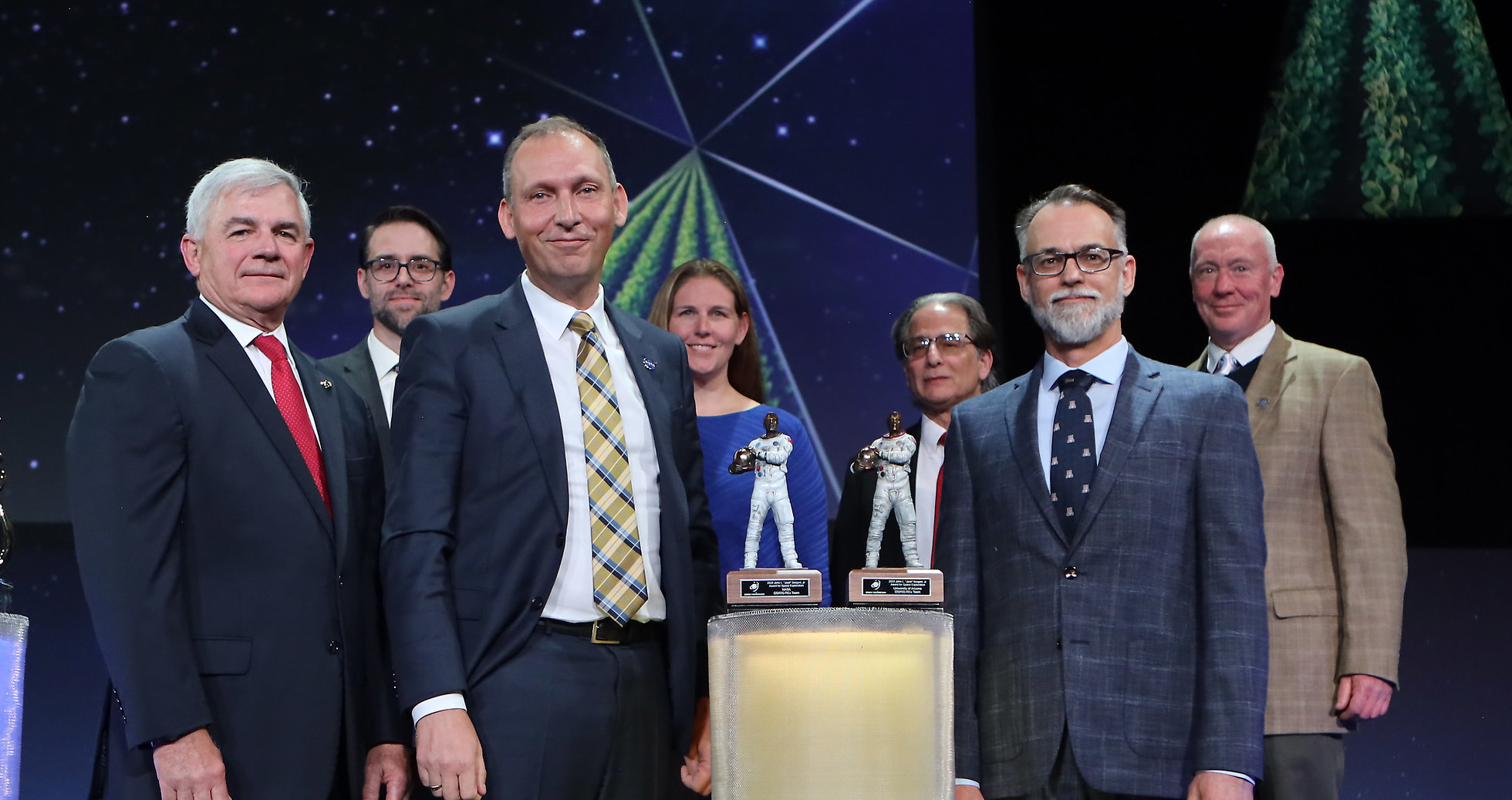
The University of Arizona leads the OSIRIS-REx science team and the mission’s science observation planning and data processing. NASA’s Goddard Space Flight Center in Greenbelt, Maryland, provides overall mission management, systems engineering, and safety and mission assurance for OSIRIS-REx. Lockheed Martin Space in Littleton, Colorado, built the spacecraft and provides flight operations. Goddard and KinetX Aerospace are responsible for navigating the OSIRIS-REx spacecraft. OSIRIS-REx is the third mission in NASA’s New Frontiers Program, managed by NASA’s Marshall Space Flight Center in Huntsville, Alabama, for the agency’s Science Mission Directorate at NASA Headquarters in Washington, D.C.
By Rani Gran
NASA’s Goddard Space Flight Center, Greenbelt, Md.

